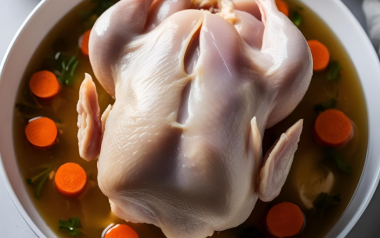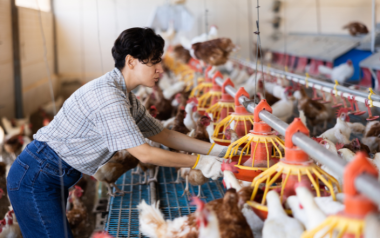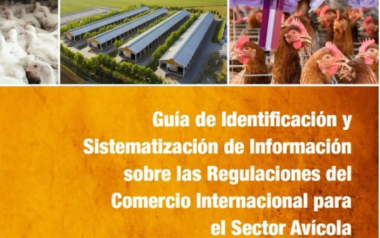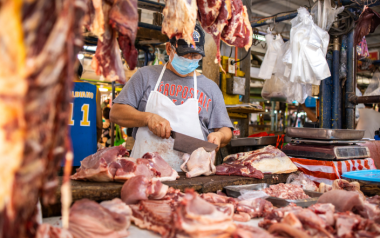“The highest price increase is related to imported soybean, the price of which increased by 373.9% or 4.7 times during the mentioned period. In addition, the price of foreign and domestic barley has risen by 117.4 to 114.2%, and the price of foreign and domestic corn has increased by 105.1 to 119.7%. The increase in these prices has affected the prices of chicken, meat, eggs, and dairy products.” said the National Council of Resistance of Iran.
05 Mar 2021
Iranian crisis leads to poultry shortage
Iran is currently going through economic and political issues that are affecting the food supply. Adverse consequences are reflected in […]
Iran is currently going through economic and political issues that are affecting the food supply. Adverse consequences are reflected in the scarcity of goods and essential food items such as poultry.
According to Iranian media, corruption and mismanagement of economics result in a marked increase of commodities that are limited at this moment. Producers and people have to wait amid the cold winter and COVID-19 outbreak to receive some supplies. The critical situation is deteriorating production systems.
The Iranian Ministry of Industry, Mine and Trade has published some statistics that reveal an increase of 100% in the poultry feed price between November 2020 and March 2021.
On November 20 last year, the National Poultry Farmers Union CEO stated that Iran was suffering a shortage of live chicken supply in most provinces, resulting in increased prices.
“The number of chicks in the last one-and-a-half months was 95 million, which did not reach the quorum, while it should be 110 million,”
Because of the current situation, farmers are unable to purchase poultry feed due to the rising prices. Therefore, many of them have stopped working, and poultry scarcity is one of the effects observed. Although the regime prevents chicken farmers from increasing the price, the poultry shortage has provoked an increase of them.
While the state-run media blame the regime’s corruption and mismanagement of the situation, the government blames international sanctions.
“The [regime’s] domestic policies have had a greater impact on poverty and misery than sanctions; to the extent that even assuming that the United States returns to the nuclear deal and paves the way for [the regime to] export oil, one cannot hope for economic prosperity,” wrote the state-run Jahan-e Sanat daily on February 22.








































